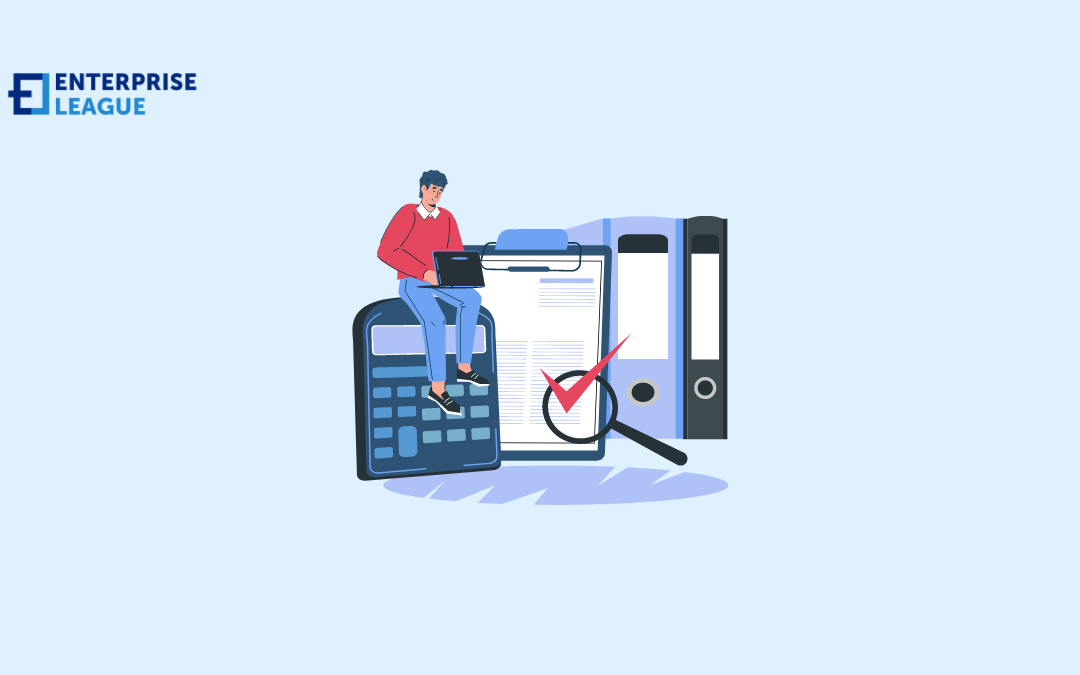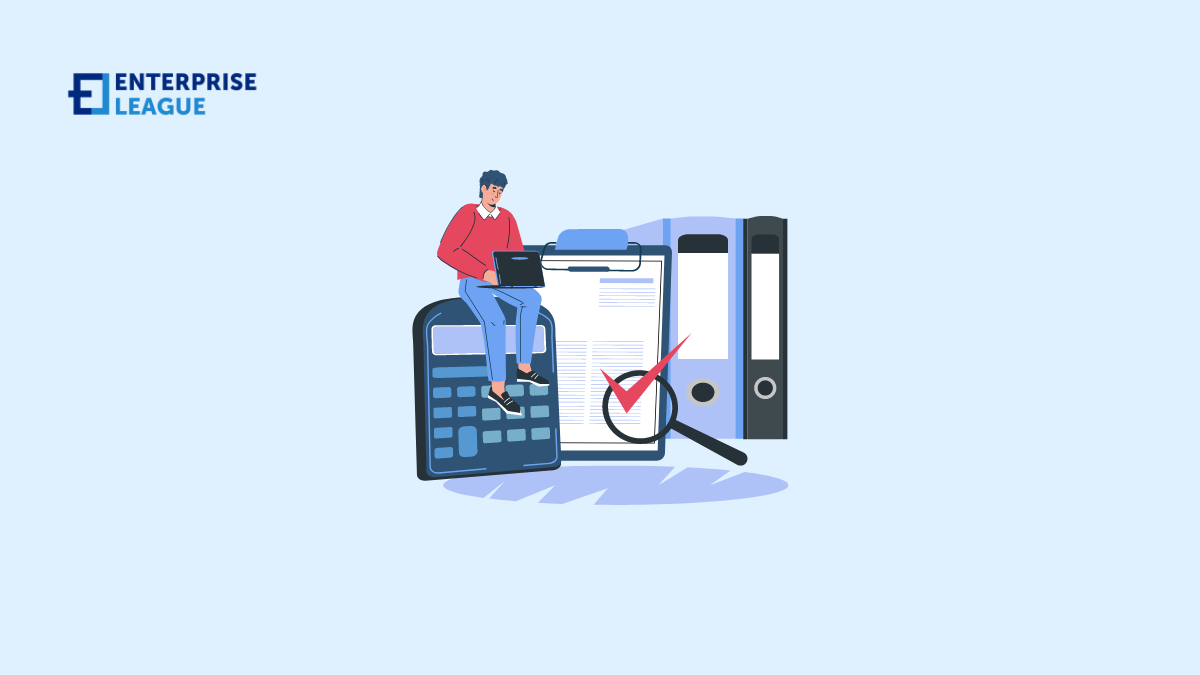Healthcare technology changes fast, but patient portals stand out as a practical tool with clear benefits. They reduce avoidable emergency visits, limit missed appointments, and give patients direct access to their records. These improvements save time for providers...

Why tech startups should start with an MVP
Tech startups today face enormous pressure to develop ground-braking, commercially successful goods and services that satisfy their customers’ requirements in this constantly evolving digital world. The minimum viable product (MVP) strategy can be used in this situation.
An MVP is a strategy that allows startups to test their product idea with minimum resources and validate its potential before investing too much time, money, and effort into it. By exploring the benefits of beginning with an MVP and offering practical advice on creating a successful one, this article aims to delve into the advantages of utilizing this approach.
What is an MVP for software and applications
An MVP is the most basic version of a product that meets the core needs of its customers. It’s a working prototype that allows startups to test their idea and validate their potential. An MVP focuses on the core characteristics that solve the main problem or need of the customers. The lean and agile product development approach enables startups to swiftly and effectively test their product ideas and obtain feedback from their target audience.
What advantages does an MVP have
Startups can have numerous benefits from utilizing the MVP approach, such as:
- Validation of the product idea: By testing it through an MVP before committing significant resources. Additionally, they can obtain constructive feedback from their intended audience, which can be utilized to enhance efficiency in business and refine the product.
- Faster time to market: An MVP allows startups to launch their product faster and get it into the hands of their customers sooner. This can be a significant advantage in today’s competitive market where speed is essential.
- Lower development costs: Developing an MVP is less expensive than developing a fully-featured product. By adopting this strategy, startups can save money on developing costs and channel those funds toward other areas, such as marketing and customer acquisition.
- Ability to pivot: An MVP allows startups to pivot their product idea quickly if the initial feedback is not positive. This flexibility can be of crucial importance, especially in today’s changing marketplace.
5 steps to create a good MVP
For developing a good MVP, a structured approach consists of the following steps:
- Identify the problem: The first step is identifying the problem or requirement that the product will solve. It’s essential to process an understanding of the problem and the target audience.
- Define the core characteristics: The second step is defining the core characteristics of the MVP. These should be the characteristics that solve the main problem or need of the customers.
- Develop the MVP: The third step is to start developing the MVP. This should be a lean and agile process that focuses on the core characteristics and provides a working prototype of the product.
- Test the MVP: The fourth step is to test the MVP with the target audience. This can be done through user testing, surveys, or other feedback mechanisms.
- Analyze the feedback: The final step is to carefully analyze the feedback and use it to enhance the product’s quality. This feedback should be used to identify new features or to pivot the product idea if necessary.
How to measure results based on MVP to further develop digital products
Measuring the results of an MVP is critical to further developing digital products. To evaluate the success of their MVP, startups have several metrics, including:
- User engagement: This metric estimates how engaged users are with the product. This is gauged by metrics such as time spent on the product, number of visits, and user retention.
- Conversion rate: This metric measures how many users convert into paying customers. It’s essential to track the conversion rate to determine if the product is meeting the needs of its target audience.
- Customer feedback: Customer feedback is a critical metric that measures the satisfaction of the target audience. It can be a beneficial tool for making product improvements.
Conclusion
Starting with an MVP is a smart approach for tech startups. It allows them to validate their product idea, launch faster, save on development costs, and pivot quickly if necessary.
By following a structured approach and measuring the results of the MVP, startups can further develop their digital products that meet the needs of the target audience. By prioritizing the core characteristics and focusing on the problem that the product solves, startups can create an MVP strategy that delivers value to their customers.
More must-read stories from Enterprise League:
- Why hiring millennials might be the best decision you can ever make.
- The only list of novels for entrepreneurs that you will ever need.
- The best apps for entrepreneurs that will help you achieve your goals.
- All the reasons why we should support local businesses and shop local.
Related Articles
Patient Portals in Practice: Measurable Gains and Ongoing Gaps
Generating Criminal Defense Leads Through Ethical and Predictive Marketing Models
When someone searches for a criminal defense attorney, they're not making a casual consumer choice - they're facing a crisis. In moments of intense fear and confusion, they need discretion and reassurance, not aggressive marketing tactics common to personal injury law...
Top 5 Social Media APIs for Developers and Analysts in 2026
The growth of social media data has created new possibilities for developers and analysts who want to study public conversations, user behaviors, and content trends. Getting reliable access to social media APIs is essential for companies building monitoring tools,...
MT5 Broker Setup: Step-by-Step Guide to MetaTrader 5 Download and Trading
A growing number of individuals have turned to the online community to take advantage of investment opportunities available to them. Not only is this a great way to build a reliable nest egg for the future, but modern trading platforms have made the process much...
From Bounce to Inbox: 6 Email Verification Tools That Boost Deliverability and Client Results
Few things kill a campaign faster than high bounce rates. Every undelivered email damages your sender reputation and lowers deliverability until your campaign quietly fades away, unread and unseen. Email verification prevents this. It validates every contact on your...
















